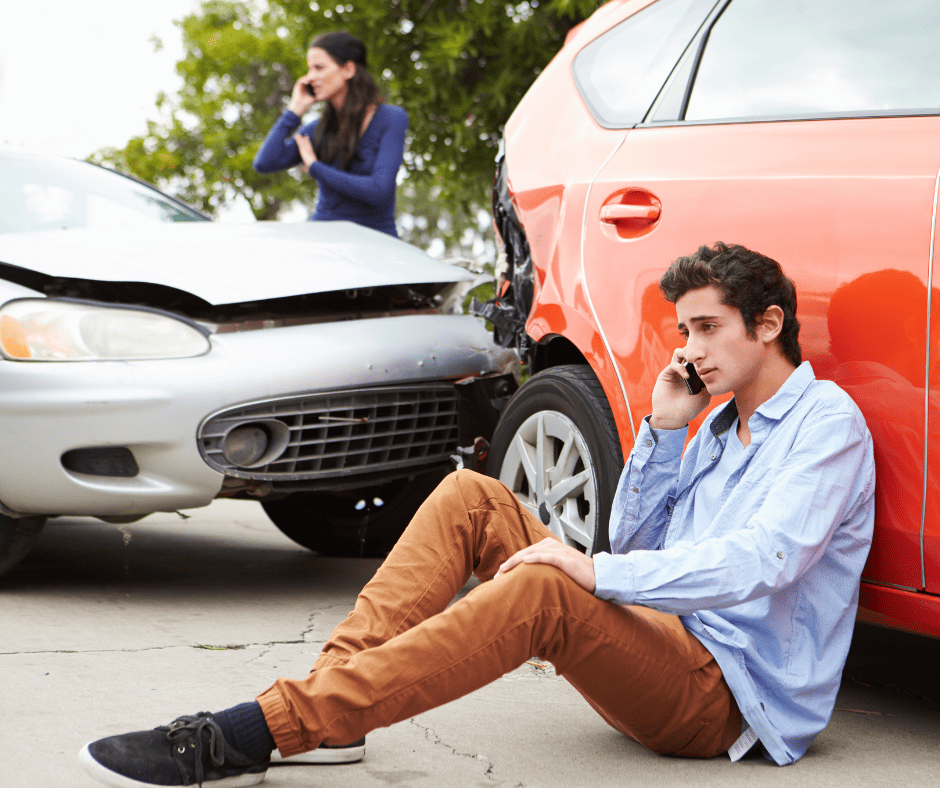
Teenage drivers have a higher risk of vehicle crashes than any other age group. That’s because drivers aged 16 to 19 are less experienced, less likely to recognize dangerous driving situations, and more likely to speed or drive while distracted.
While handing the car keys over to their teenagers is a big moment for parents, they may be anxious about whether they’re liable for any accidents their children cause.
Georgia Laws on Parental Liability
In the State of Georgia, generally parents are not liable for the actions of their children behind the wheel. However, there is a narrow exception to this general rule under a concept known as the “Family Purpose Doctrine” (OCGA § 51-2-2). This doctrine applies usually when a child gets into a wreck while running an errand at the direction of his parents.
Notably, in very rare circumstances, if the child is a minor (i.e. under the age of 18) a parent will be liable for the “willful or malicious acts” of a child that result in medical expenses and/or property damage to another person (OCGA § 51-2-3). However, damages against the parents in this situation are capped at $10,000 and you must prove that the parents knew that the child had a prior history of willful or reckless conduct but let their child use a vehicle anyway.
The Family Purpose Doctrine
Georgia law does not impute liability to parents if their child is using a vehicle they provide for his own purposes. However, in some circumstances, if the child is using a vehicle his parents control for a reason that benefits the family, the parents could be held liable. But those circumstances require detailed attention.
There is a two-step evaluation for all claims of Family Purpose Liability. First, these four (4) conditions must be met:
- The owner of the vehicle must have given permission to the family member to drive the car. Wrecks caused during a joy ride will not result in liability for the parents.
- The vehicle’s owner must have relinquished control of the vehicle to the family member. If a family member is simply borrowing a car primarily used by a parent temporarily, the doctrine likely will not apply.
- The family member must be the one driving. If a child lets a friend drive a car provided by his parents and a wreck happens, there is no liability for the parents under the doctrine.
- The vehicle must be engaged for a family purpose. So, if the child is going to pick up a sibling, that would be considered a family purpose. If the child is going to visit a friend, that will not likely be considered a family purpose.
If all four preconditions are met, then the Court will ask if the family member providing the car, maintained control over it. Principally this means that the parent can take the car away or restrict its use if they desire.
What are some real-world examples of the Family Purpose Doctrine?
With so many limitations on the Family Purpose Doctrine, when are situations when it actually applies? Often where a child is running errands for a parent like picking up a sibling from school, picking up groceries from the store, or taking a relative to the airport, the doctrine will apply if it’s clear that these are things that the child did not want to do on his own, but were requirements for keeping the car his parents provide.
However, one of the most common situations where the doctrine applies is when a child is doing something for a family business. If parents provide a vehicle to a teenager but condition the use of that vehicle on running errands for the family business, the doctrine will apply. But if that’s the case it can be very hard to find that out unless you have an attorney who knows to ask the right questions.
Why does it matter?
When applied correctly the Family Purpose Doctrine can be an important avenue to find additional insurance coverage for people who have been seriously injured as the result of a negligent teenager. A teenager without any income or property is an example of a person referred to as “judgment proof”. It does not matter how big a verdict you may obtain against someone like that because they do not have the means to pay it.
Understanding that teenagers are judgment proof, many parents get the bare minimum insurance coverage on the vehicles they provide. The Family Purpose Doctrine is a way that the family’s insurance policies may be called upon to cover people who have been injured by a teenager.
Need Help with Your Case? Contact Burrow & Associates
The Family Purpose Doctrine has been restricted so much by Georgia courts that only experienced attorneys who know how to pay close attention to specific details can maintain these claims successfully. As such, choosing the right attorney upfront can make the difference between obtaining fair compensation or walking away with little to nothing.
If you or your loved one suffered a serious injury in an accident with a teen driver, you may feel hesitant about moving forward with your case. You could be concerned about how a personal injury lawsuit could impact a teenager. But under Georgia law, if the parent can be liable for the accident, you can recover the compensation you deserve. At Burrow & Associates, our team of experienced personal injury attorneys can advise you of your rights and how best to move forward with your case. We serve as your advocate while you focus on your recovery.
To schedule a free initial consultation, you can call (678) 323-2394 or use our online contact page. Burrow & Associates has six offices conveniently located in Atlanta, Conyers, Duluth, and Athens. We’re always happy to help.









